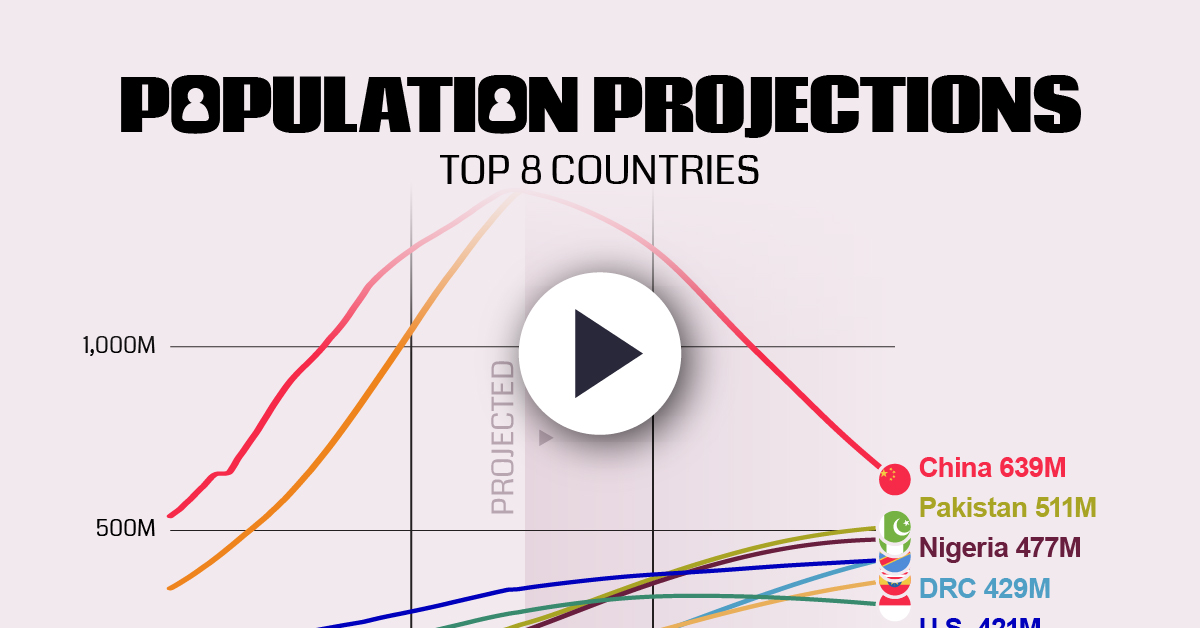OECD countries are probably irreversible at this point. Gerontocratic policies strongly favour seniors over children. And there's no outlook where that changes. We see this in Canada where child benefits phase out at ~$40k family income and OAS phases out at ~$90k individual income. Or look at more young people moving in to condos while those condos themselves are shrinking. Average condo/apartment size has shrunk 35% since the 60s, in Canada, as per housing expert Mike Moffat.
Here's a simple way to look at it. What is the marginal cost of having a child? To do that, work out how much adding one more bedroom would cost. In most cities in Canada, that means $75-100k more. That's $400-550 on the mortgage. But then there's daycare, RESPs, food, clothes, healthcare, summer camp. $1500/mo of post-tax income is a conservative estimate. That's $25k before taxes. Basically, no couple can comfortably have a child without a six figure income. And probably need family incomes in the top 10% to have two kids.







